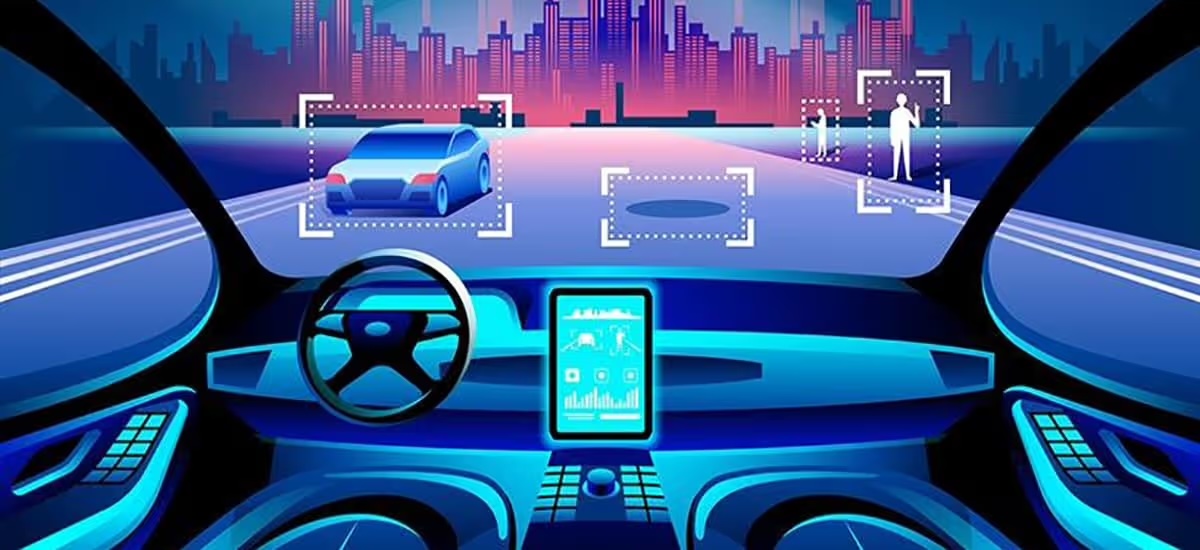What’s Next for Self-Driving Technology?
The future of self-driving technology is rapidly evolving, promising to revolutionize the way we travel. With advancements in artificial intelligence, machine learning, and sensor technology, autonomous vehicles are becoming safer and more reliable. As we stand on the brink of this new era, it's essential to understand the implications and potential of self-driving cars for our daily lives.
The Current State of Self-Driving Technology
Today, several companies are testing and deploying self-driving vehicles in various environments. From urban settings to highways, these vehicles are equipped with sophisticated systems that allow them to navigate complex traffic scenarios. However, while significant progress has been made, fully autonomous vehicles are still in the testing phase, with regulatory and safety challenges to overcome. Understanding the current landscape helps us appreciate the journey ahead and the innovations that are shaping the future of transportation.
Benefits of Self-Driving Cars
Self-driving cars offer numerous benefits that could transform our transportation systems. They promise to reduce traffic accidents caused by human error, improve traffic flow, and provide mobility solutions for those unable to drive. Additionally, autonomous vehicles can optimize fuel efficiency and reduce emissions, contributing to a more sustainable future. As we explore these advantages, it becomes clear that self-driving technology has the potential to enhance our quality of life significantly.
Challenges Facing Autonomous Vehicles
Despite the promising future, self-driving technology faces several challenges that must be addressed. Issues such as cybersecurity, ethical decision-making in critical situations, and public acceptance are crucial hurdles. Furthermore, regulatory frameworks need to evolve to accommodate these new technologies while ensuring safety and accountability. Understanding these challenges is vital for stakeholders as we navigate the path toward widespread adoption of self-driving cars.
The Role of AI in Self-Driving Technology
Artificial intelligence plays a pivotal role in the development of self-driving technology. AI algorithms process vast amounts of data from sensors and cameras, enabling vehicles to make real-time decisions. Machine learning allows these systems to improve over time, learning from past experiences and adapting to new driving conditions. As AI continues to advance, we can expect even more sophisticated and capable autonomous vehicles on our roads.
The Future of Transportation
The integration of self-driving technology into our transportation systems could lead to a paradigm shift in how we think about mobility. With the potential for shared autonomous fleets, we could see a decrease in car ownership and a rise in efficient, on-demand transportation services. This shift could not only ease congestion in urban areas but also provide equitable access to transportation for all. The future of transportation is bright, and self-driving technology is at the forefront of this transformation.
Get Involved in the Future of Mobility
As we move toward a future with self-driving technology, your voice matters. Whether you're a tech enthusiast, a policy maker, or simply a curious citizen, staying informed and engaged is crucial. Join forums, attend workshops, and participate in discussions about the implications of autonomous vehicles. Together, we can shape the future of mobility and ensure that it benefits everyone.

